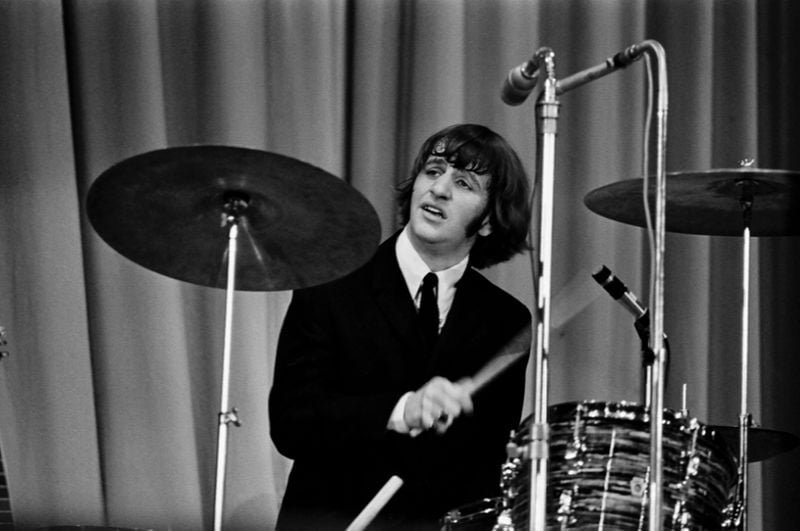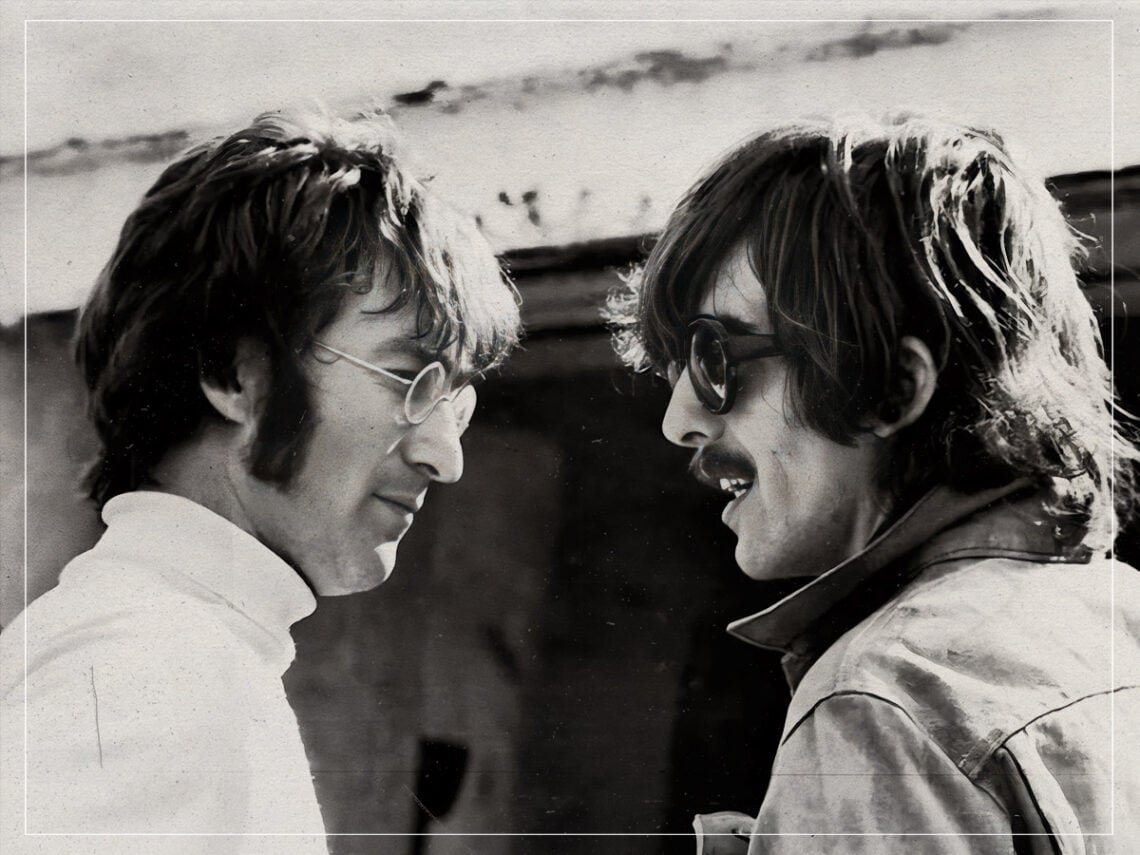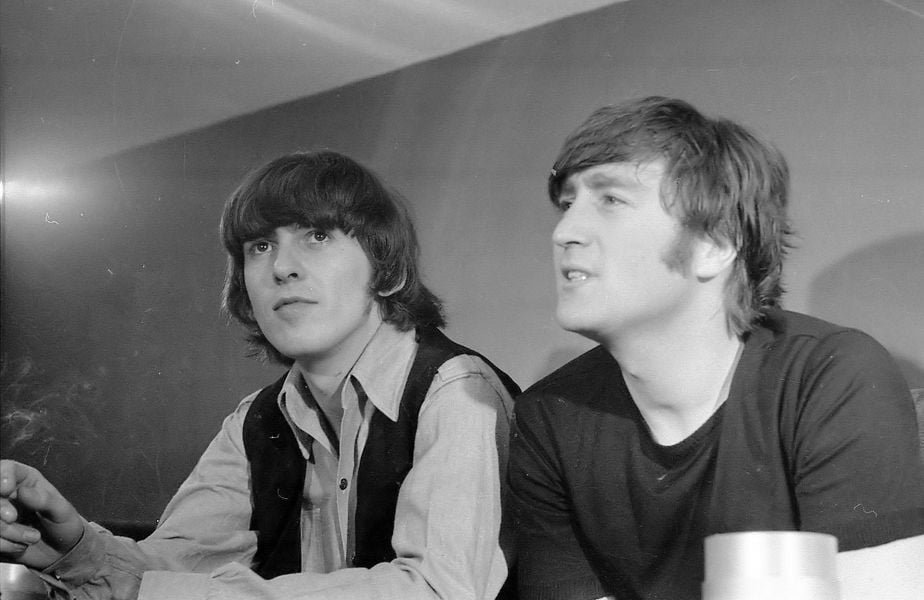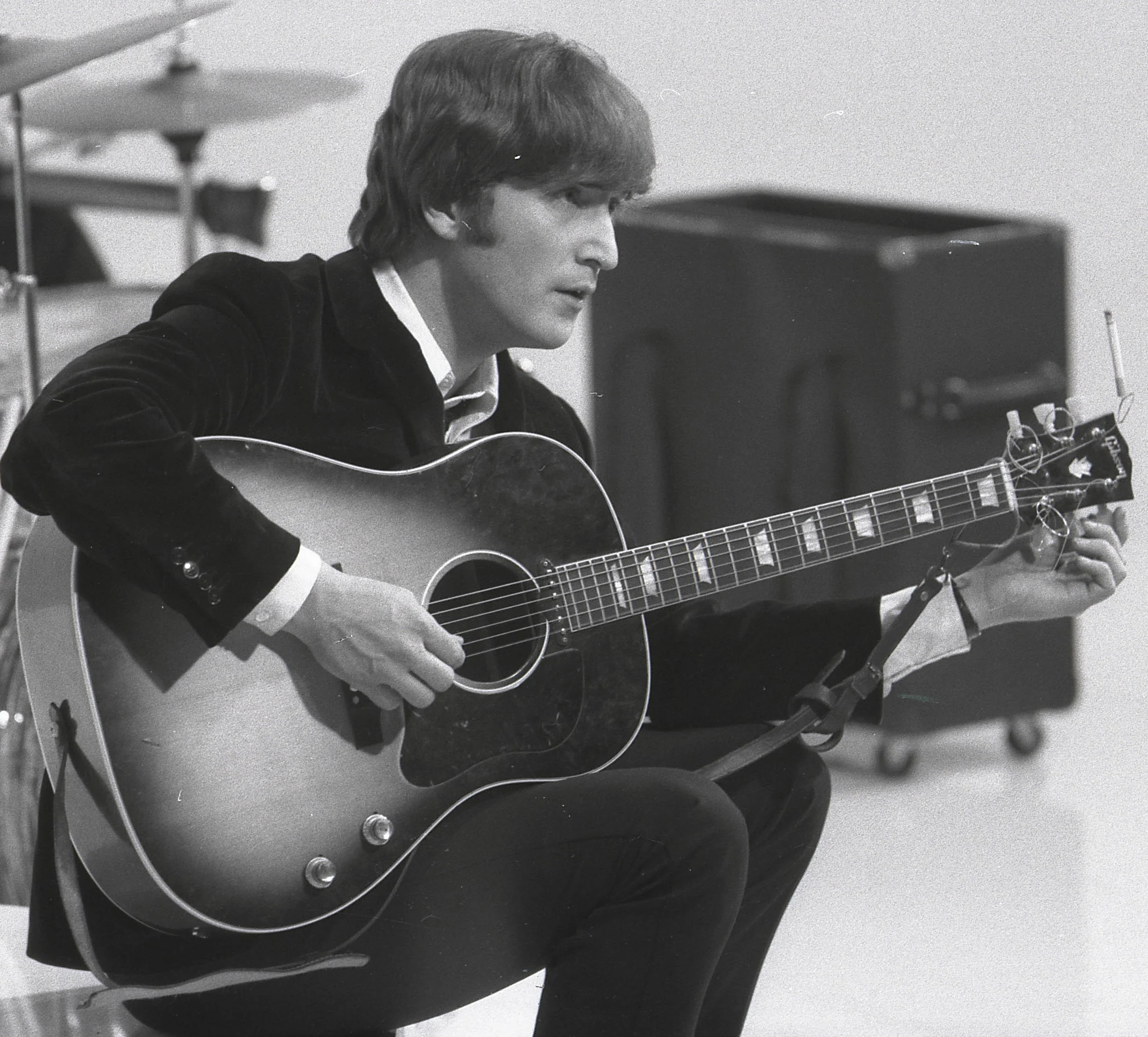
When The Beatles broke up, Ringo Starr was John Lennon’s only worry. “I’m pleased that everyone is doing well, I’m more pleased that Ringo is doing well and that he’s got himself a good niche because I knew Paul would be alright,” he reflected. He had confidence that George Harrison’s songwriting chops had flourished to a sustainable level, McCartney was a given, but he feared the Ringo might flounder.
“I don’t want Ringo to end up poor, having to play the northern nightclubs…because the worst thing in the world for an ex-pop star in England is to end up playing Bradford,“ he told Ray Connolly while in his plush Tittenhurst Park home, callously disrespecting the good folk in northern provincial towns. “They are really awful places … The people eating chips and scampi while you’re trying to be heard,” he continued. Thankfully, this is not the fate that befell the Beatles drummer.
At the time, Ringo had graver concerns. It wasn’t that he feared success was behind him, but rather that he was emotionally reeling from the break-up of the band. After all, the key tenet that made the Fab Four a lot more than just a great group was that they were old friends. As George Martin poetically put it, “Here you had a castle of four corners. Even I wasn’t a part of that. And they were impregnable, the four of them together were bigger than any individual parts.“
When that castle was conquered, the safety of its quarters was stripped away for the four folks who once upheld it. Lennon had once said, “We were all on this ship in the 1960s, our generation, a ship going to discover the New World. And the Beatles were in the crow’s nest of that ship.“ Now, that ship was adrift. The world felt that, but nobody more than the band themselves. They were grieving, uncertain and lost. While the others had a point to prove, and determination drove them forward, their sticksmith was never motivated by ego, and he fell into a reflective mode.
“I was lost for a while,“ Ringo told Mojo. “That’s well-documented. Suddenly the gig’s finished that I’d been really involved in for eight years. ‘H-oh, what’ll I do now?’“ So, he started looking back through his life in music. “I just thought of all those songs that I was brought up with, all the parties we’d had in Liverpool at our house and all the neighbours’ houses. Songs my uncles and aunties sang, songs my stepfather sang. So I called George Martin and said, ‘Why don’t we take a sentimental journey?’“ The notion of a sentimental journey struck such a chord with Ringo that he decided it was an apt title for the album.
Suddenly, the purpose of music was making itself clear to him again when he needed it most. “It got me on my feet again, that was the good thing about that album. It started me to move,“ he said. It also helped that it made him realise there was plenty of quality musicianship outside of his old friends that he could work with, too. “We had Quincy Jones and all these great arrangers, but if it did nothing else it got me off my bum, back into recording,“ he explained.
“Then I started to write again, and I did ‘It Don’t Come Easy’, ‘Back Off Boogaloo’, tracks that George Harrison co-wrote with me,“ he added. Now, with his creativity flowing again, the end of The Beatles didn’t seem like the end of the world. This was a pivotal moment for the drummer because suddenly, he wasn’t chasing his tail or even hits for that matter, he was just happy to be an artist.
In fact, Todd Rundgren claimed that he had the best of it when it came to the Fab Four after the split. “Ringo was the most approachable of all of the Beatles. I have met each of the band in turn,“ he told Louder Sound. “The only one who seemed to have recovered from any of the effects of that was Ringo. He did the music for fun. He didn’t feel that there was some burden to it, he just liked to play. Any opportunity to sing was fine, but I never saw him having any pretence that he was building some giant musical legacy,“ Rundgren mused
In essence, he almost got the impression that Ringo wouldn’t have minded serenading scampi-scranners all that much. This laissez-faire attitude suited him down to the ground, proving conducive to his signature style of rock ‘n’ roll, and in time, he was landing chart-topping hits long before Lennon himself.



